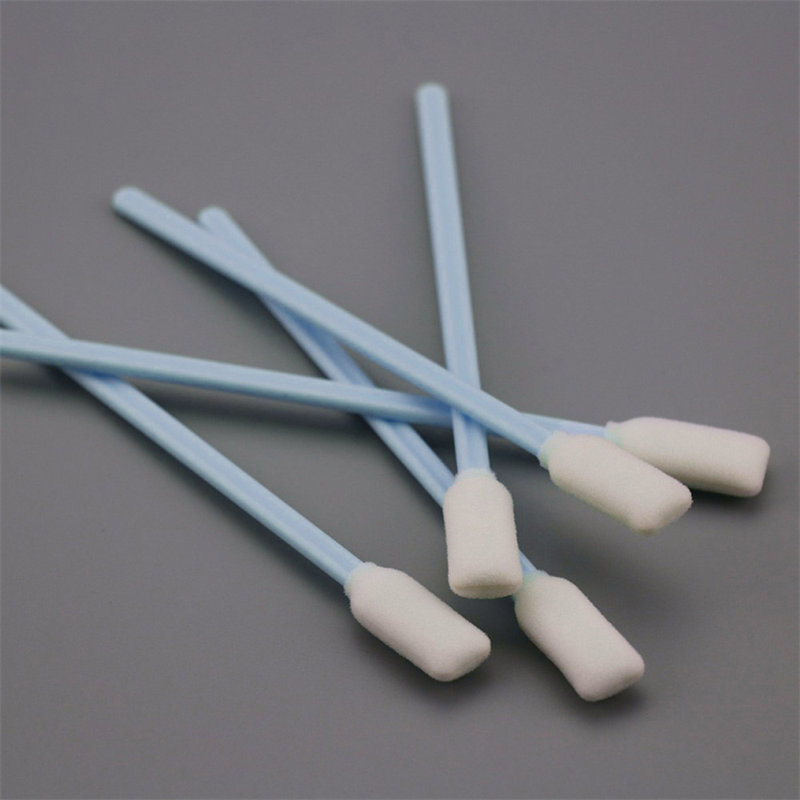When working with sensitive equipment or in a controlled environment, cleanroom swabs are an essential tool to maintain cleanliness and sterility. Cleanroom swabs are designed to minimize contamination and prevent debris from entering into the environment. However, improper use of cleanroom swabs can lead to mistakes, which can lead to contamination, inaccurate results, or damage to surfaces. In this article, we will explore some common mistakes to avoid when using cleanroom swabs.

Not Understanding the Cleanroom Environment
Different cleanrooms have varying standards and cleanliness requirements. It is crucial to know the classification of the cleanroom and understand any specific requirements to determine the proper cleanroom swabs to use. Cleanroom classifications range from ISO Class 1 to 9, with Class 1 being the most sterile environment. Certain cleanrooms require specific swabs that meet strict guidelines to maintain sterility, so understanding these requirements is vital.
Touching the Swab Tip or Mishandling Swabs
The tip of a cleanroom swab is specifically designed to come into contact with surfaces. Touching the tip of the swab with fingers or other objects can contaminate the swab, and, as a result, compromise sterility. To avoid contamination, always hold cleanroom swabs from the handle and avoid touching the tip.
Using the Wrong Type of Swab
Using the wrong type of swab can lead to inaccurate results and cause potential damage to surfaces. Cleanroom swabs come in different types, shapes, and materials to cater to specific applications. It is essential to use the proper type of swab for the cleaning or sample taken. Some swabs are softer than others or are treated with specific chemicals that cater to particular applications.
Using Swabs Multiple Times
Cleanroom swabs are designed for one-time use only and disposing of them after use is essential to maintaining cleanliness and sterility. Reusing a swab several times can lead to contamination or damage to surfaces. Always use new, unused swabs for optimum results.
Not Using Swabs Correctly
Using cleanroom swabs correctly involves reading the manufacturer’s usage instructions. When using a swab, it is crucial to use the correct technique, avoid applying too much pressure, and move in one direction to prevent any residue from being deposited during a back-and-forth motion. Allowing the solvent or cleaning agent to evaporate naturally after the swabbing process is crucial to preventing any residue or contaminants from being left behind.
In conclusion, having knowledge of the cleanroom classifications, avoiding touching the swab tip, using the right swab for the specific application, using single-use swabs, and correctly using swabs are all essential to ensure accurate results and maintain a sterile environment. Cleanroom swabs are crucial in sensitive industries to maintain cleanliness and sterility, and understanding how to use them is necessary to avoid common mistakes leading to contamination or inaccurate results. By avoiding these common mistakes, cleanroom swabs can be used effectively, delivering optimum results and maintaining the desired level of sterility and cleanliness.
 Cleanroom Foam Swabs, Polyester Swabs, Printer Cleaning Kit Manufacturer – MediTech
Cleanroom Foam Swabs, Polyester Swabs, Printer Cleaning Kit Manufacturer – MediTech